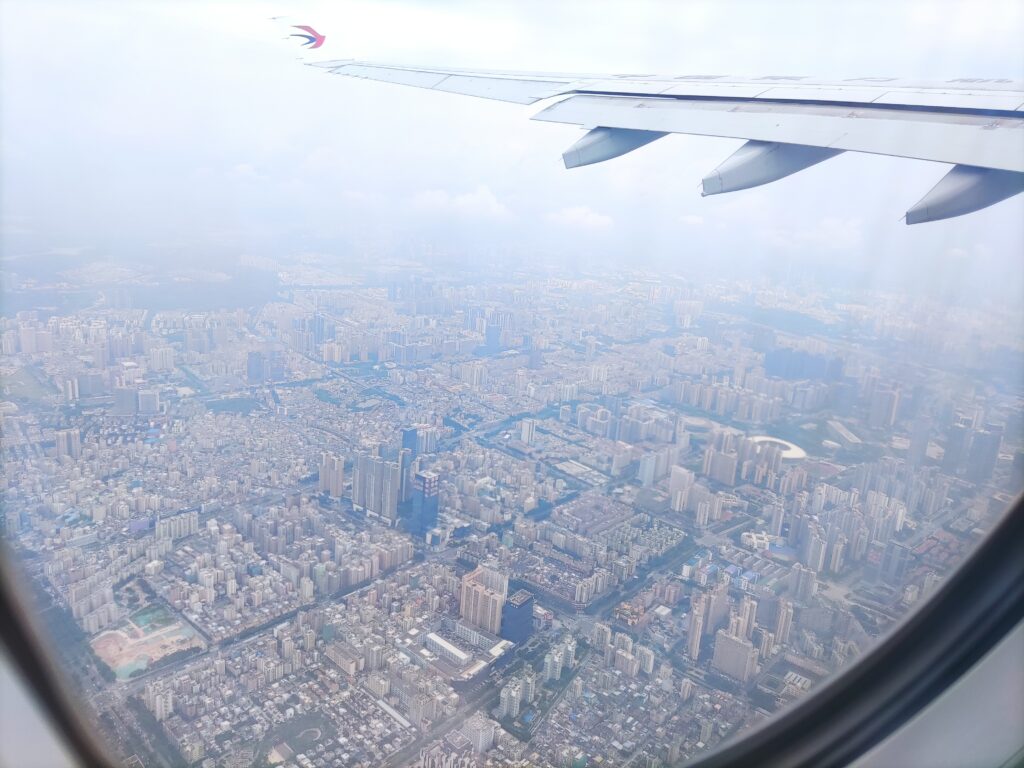Enjoying terere in a hotel room in Asunción seems to be a good time to write some useless posts after eyebrow-raising almost three years hiatus. Let’s continue.
In late May 2023 almost immediately after China suddenly lifted the (Corona) tourist travel ban I’ve decided to use this unique opportunity to take a look what the future will bring.
This post is pretty much just me going through some photos.
Once Corona madness started in 2020 China pretty much closed its borders not only for tourists but also for example for ex-Chinese citizens wanting to visit their wife there. Regular Chinese people abroad could theoretically visit, but such a trip required not only:
- Buying extremely overpriced plane tickets
- Travelling only through whitelisted routes based on your residence abroad
- Getting blood and PCR-tested multiple times
- Having your flight cancelled if for example you show raised levels of corona antibodies
- Paying a preselected five star hotel for mandatory quarantine abroad on your transfer airport
- Getting quarantined on arrival to China for three weeks in a self-paid preselected hotel room
- Being bussed around in vans by people in hazmat suits
- Getting quarantined again for a week more after your connecting inter-China flight
- Getting quarantined one more time in your own flat until your government issue app turns green (at least one more week) while your entrance door is sealed and your neighbours are instructed to snitch on you if you try to sneak out
- Getting quarantined again if anyone in your community (group of houses) tests positive for Covid in daily mandatory tests
- Getting quarantined again if … you get the idea
After a couple of years of this something changed all of a sudden and most restrictions were cancelled pretty much overnight.
Well, let’s go!
As an EU citizen I needed to get a tourist visa. Interestingly, applying for this visa is not done on the embassy itself but through a dedicated commercial visa company. Point #1 for Chinese communism. This company however walks you through the bureaucratic process and helps you fill in the detailed forms, which ask apart from the expected questions for example also
- Your annual income
- Your parent’s names, dates of birth and occupation
- Your education and current job
- All countries you have visited in last several years
- and more
Surprisingly, nobody seems to check the answers too much and you are even hinted to just write some random fair-enough-looking answers if you don’t want to provide the real ones. Also you need to provide an invitation letter (you can just get a template, no need to think up something original). Again, nobody seems to check the identity if the inviting person too much. Once you fill out everything necessary and pay the fee the process is pretty fast and you get your visa in a matter of days.
Flying in
Apart from somewhat more-detailed-than-usual drug check on the airport gate the flight was unremarkable. No, no cavity search happened but I had to for example show that my laptop turns on – I guess if it was filled with cocaine it would not.
After landing in Guangzhou and hopping of the plane, you are expected to fill in medical form. How? Using the government-approved mobile app of course! Welcome to the future.
Possibly since my only smartphone at that time ran slightly outdated LineageOS, WeChat did not really work for me. It did install, but registration and login did not work. My guide remotely filled in the form on my behalf before the takeoff, but on arrival this form was almost an hour expired already. After explaining the present health policeman repeatedly I’m a stupid foreigner that can’t even fill out a form, I was shown a plain old web version of the form and could fill it out. So, why was WeChat needed in the first place?
After mere minutes of experiencing this amazing bright future l almost pissed my pants for not running a government-approved OS.
The airport was massive, modern, connected straight to pretty much brand new underground metro system. Something my city might not be able to achieve during my lifetime.
Electric vehicles
Many cars in Guangzhou (and other Tier-1 cities) are electric. You can see it by the green license plate. Seemed like pretty much all taxis are – and there are plenty. All motorbikes are electric as well, you can buy them at every corner for a bargain. Charging stations are everywhere – dedicated ones, sockets at parking lots in front of public buildings and even massive residential towers. Charging sockets for motorbikes are placed in long lines along roads walkways. Or you can just go to a charging station at the corner and swap out a battery for a charged one.

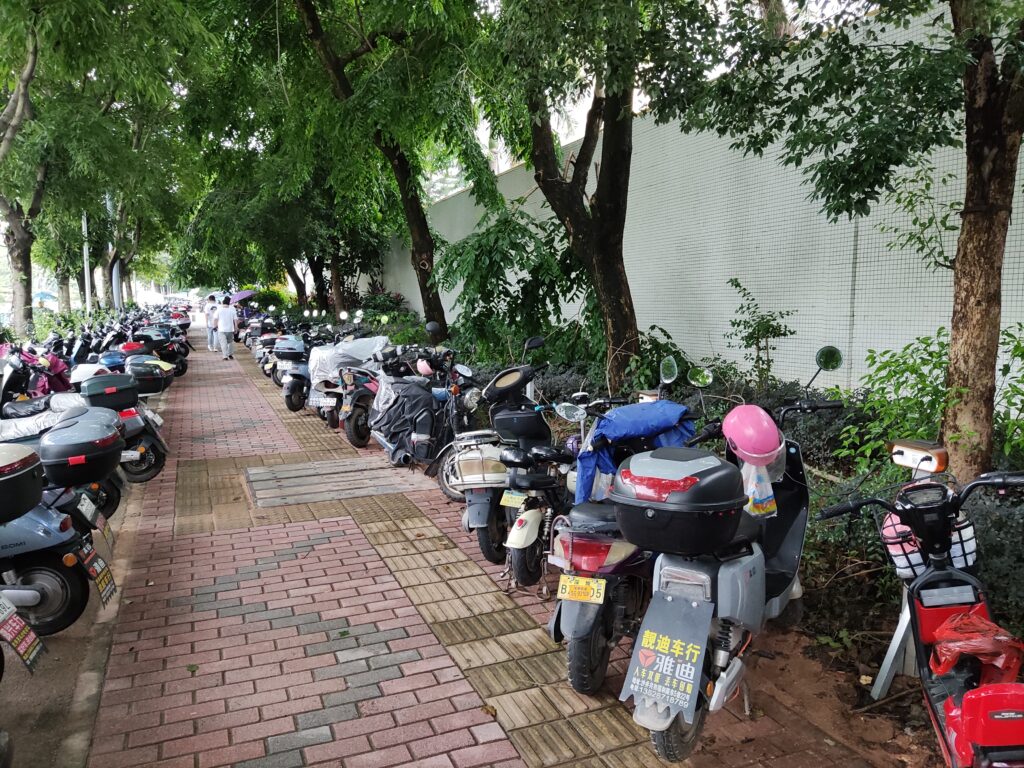
Internet
After entering China, you are immediately cut off from the western Internet. Most common websites (Google, Wikipedia, …) don’t work just as pretty much all non-obscure instant messengers (WhatsApp, Signal, Element/Matrix, …). The Great firewall of China protects children and people in general from bad ideas very well. One way to circumvent this is to use Shadowsocks proxy. If you have a server with public IP, it’s reasonably easy to set up. There are clients for Android and desktop. Somehow not everything worked for me using shadowsocks, for example WhatsApp text messages went through but not images and files. Maybe TCP/UDP misconfiguration on my part? Meh, good enough. Despite some info about the Great Firewall actively seeking out Shadowsocks traffic and blocking servers, I had no problems for the three weeks of my visit.
Also be aware, Internet connection is generally tied to your or someone’s name. They are watching and can come knocking.
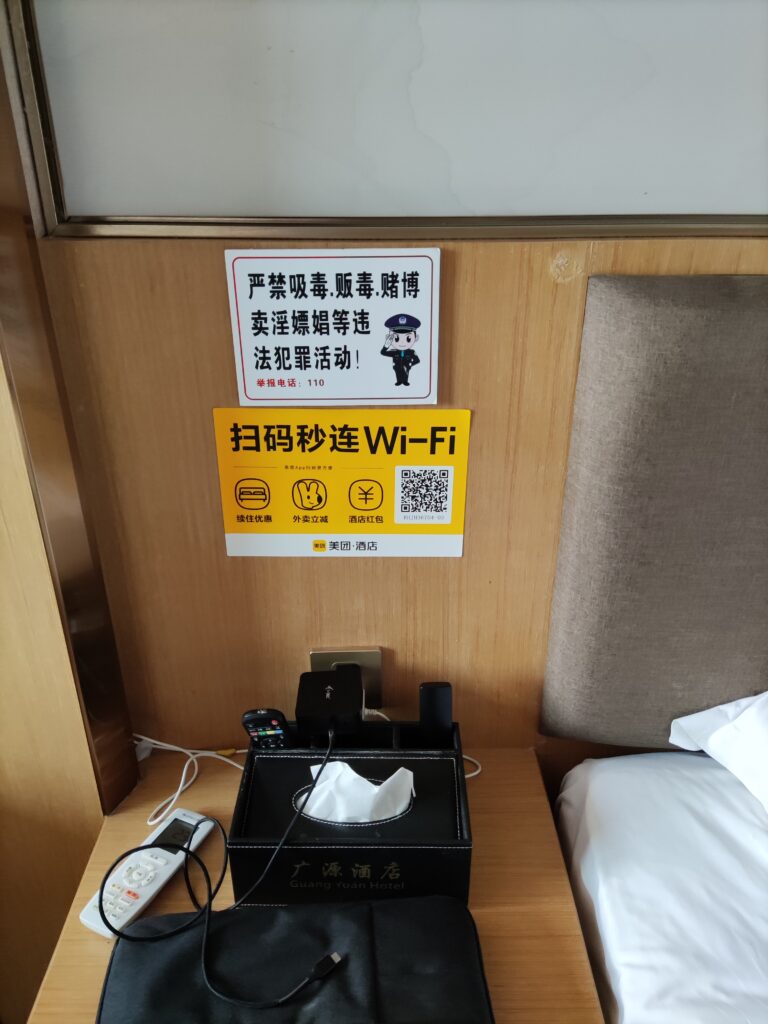
Infrastructure
When you stick to big cities (as I did), you live in the future. Skyscrapers, huge underground networks, monorails, high speed trains crisscrossing thousands of kilometers.
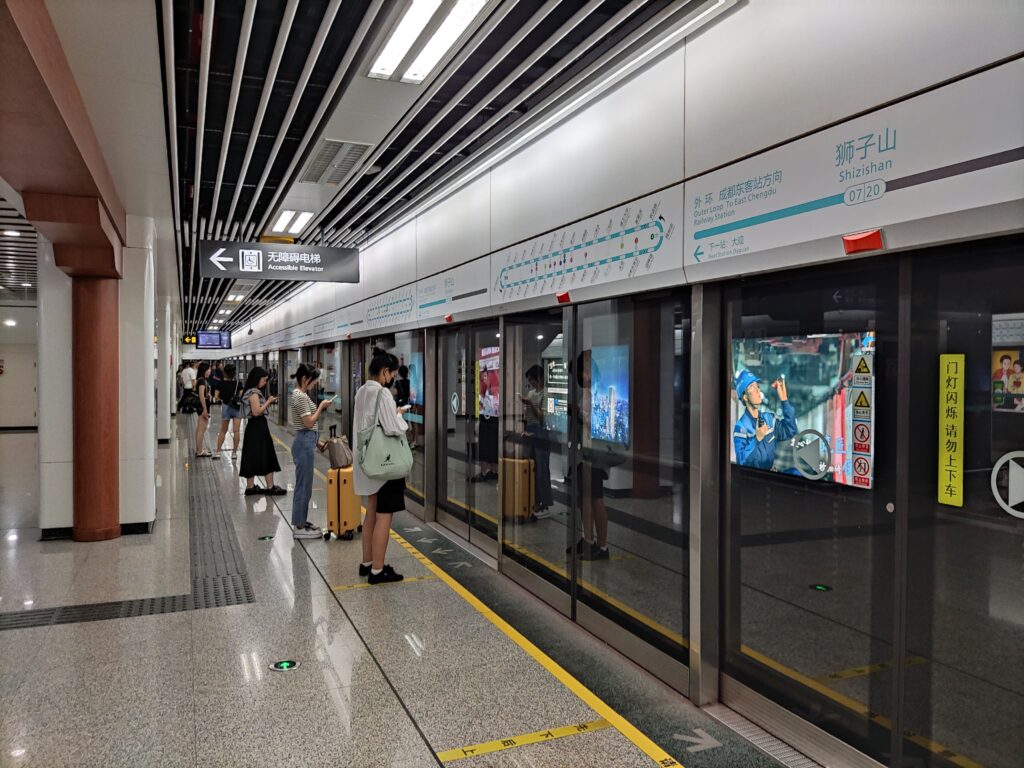
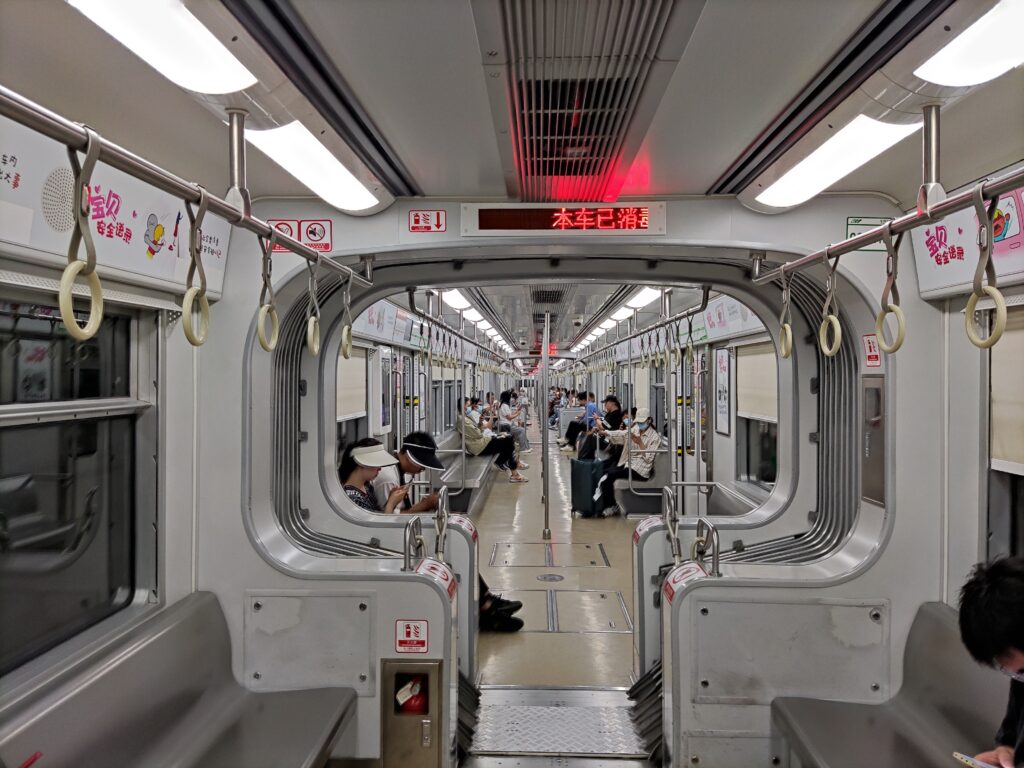
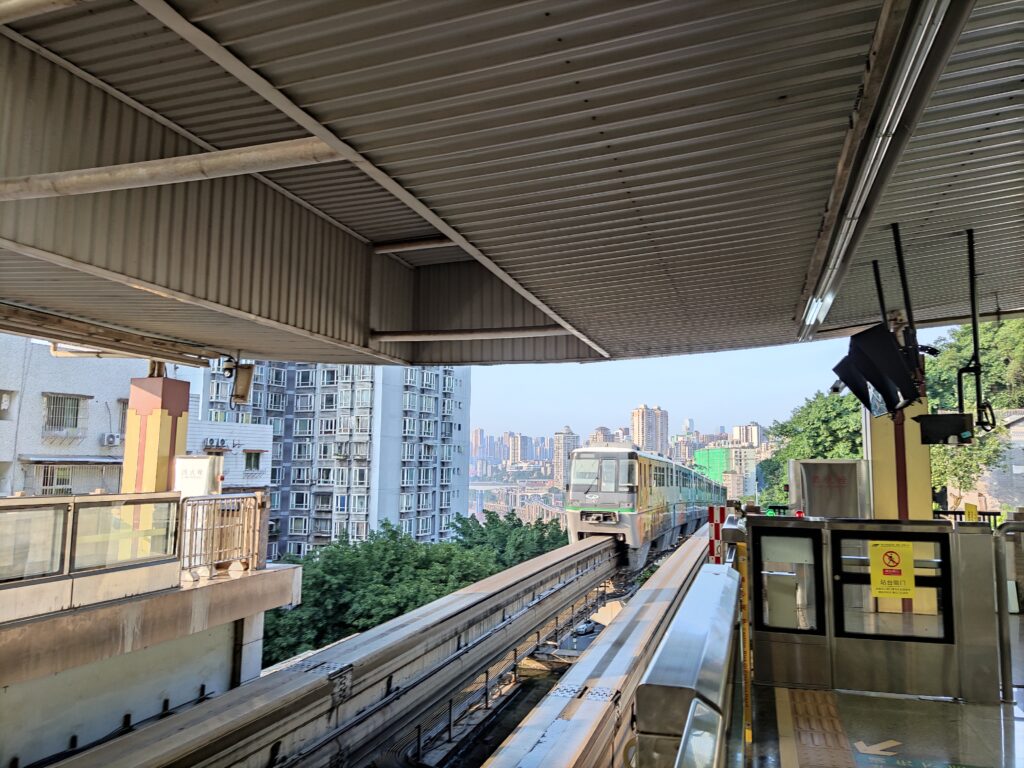
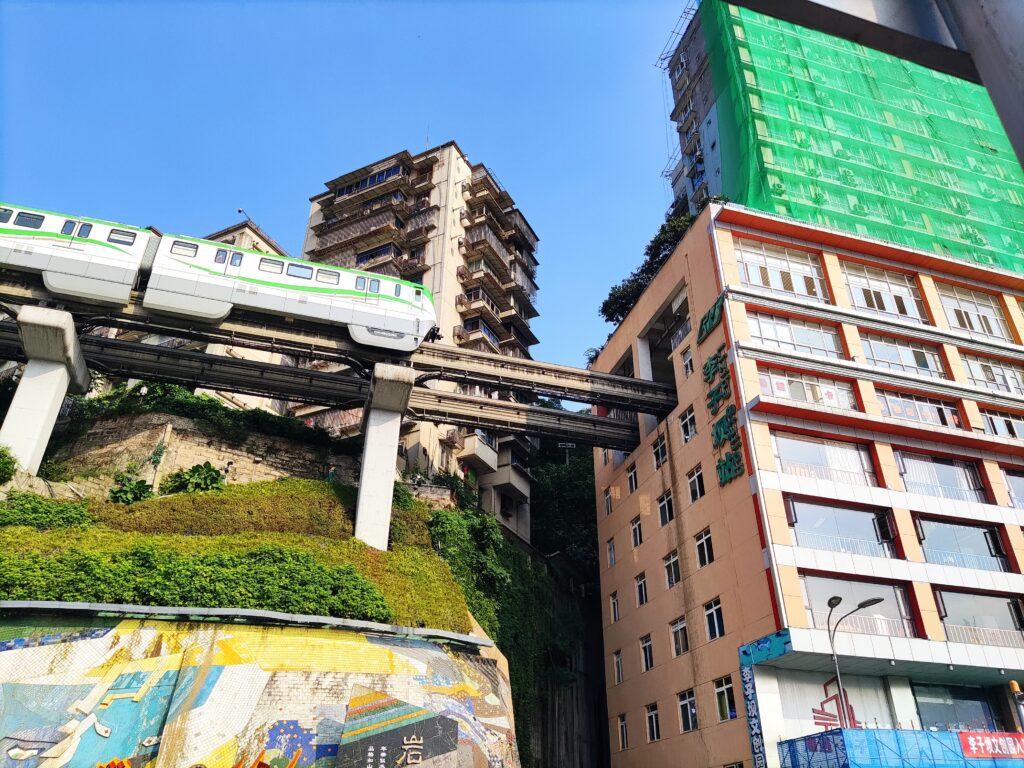
The Chinese are extremely proud of their high speed railway system. It sure is something to be proud of. It’s fast, comfortable, modern, … The effort to build such a system must be immense. The question remains if they built it to move around or to win the dick swinging contests with the Japanese.
The high speed train tickets can’t be bought too long in advance and the prices are fixed. If you plan in advance, it’s cheaper (and often faster) to take a plane.
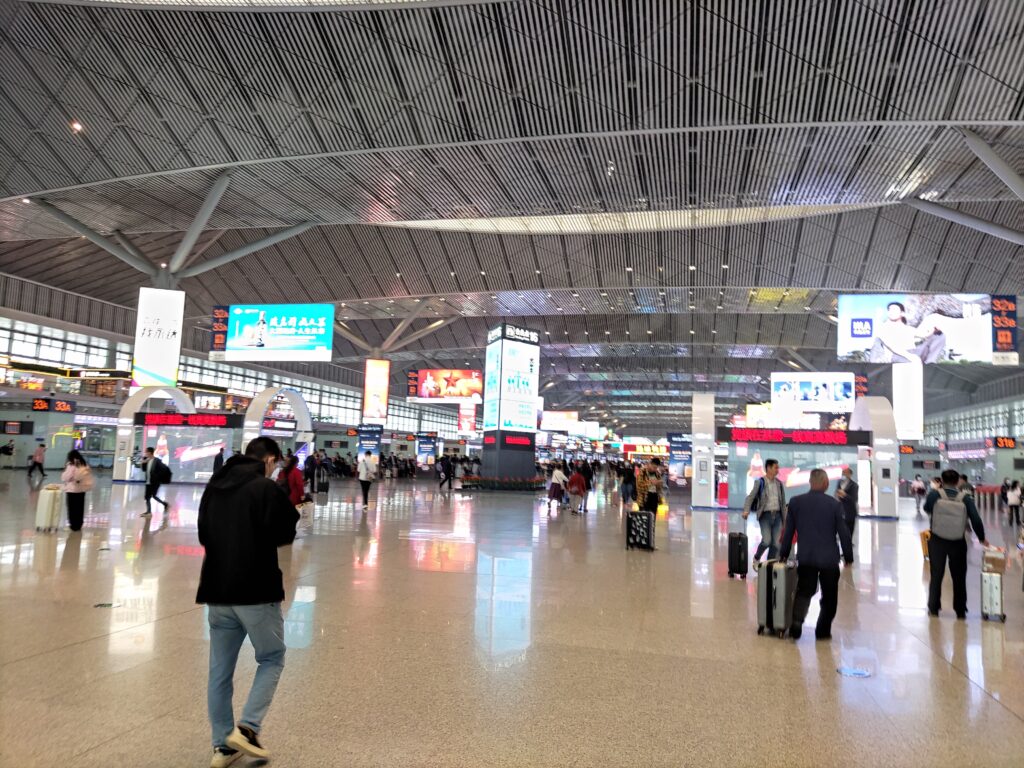

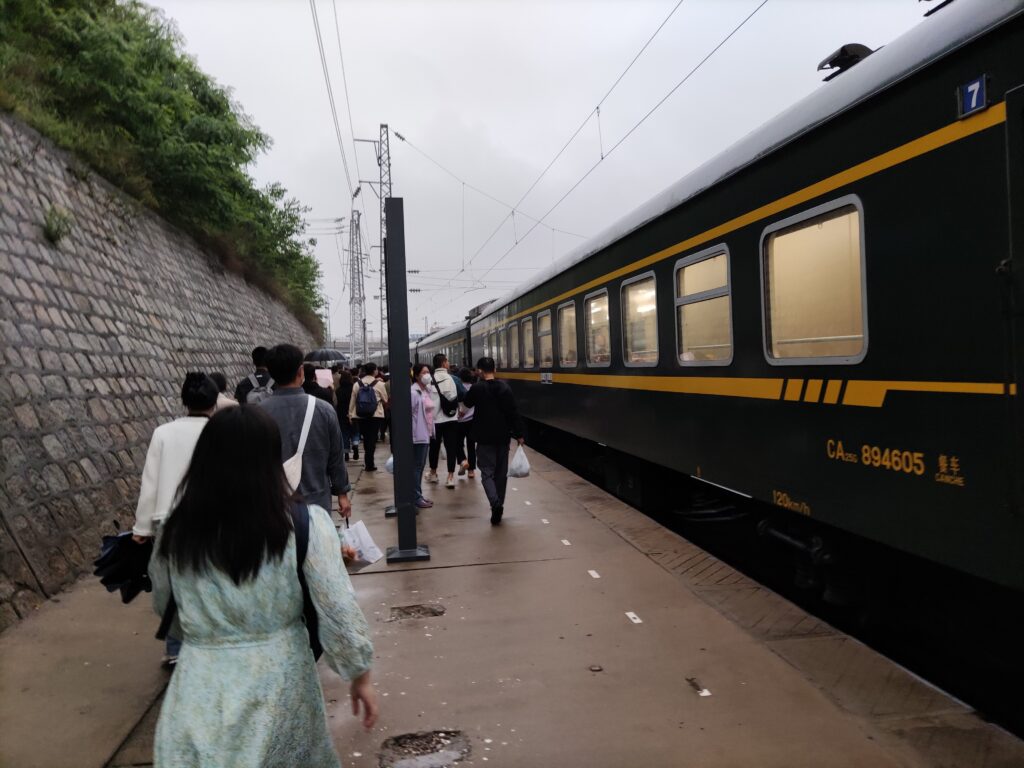
To buy a train ticket, you have to show your ID and the ticket will be tied to your name. To enter the train station you need to go through a security checkpoint including pat-down and X-Ray luggage scan.
Cashless society
Along with other measures with total population oversight and control come cashless payments. Since Covid you basically won’t see cash in towns in China. Cash is for old people and maybe also stupid backwards villagers.
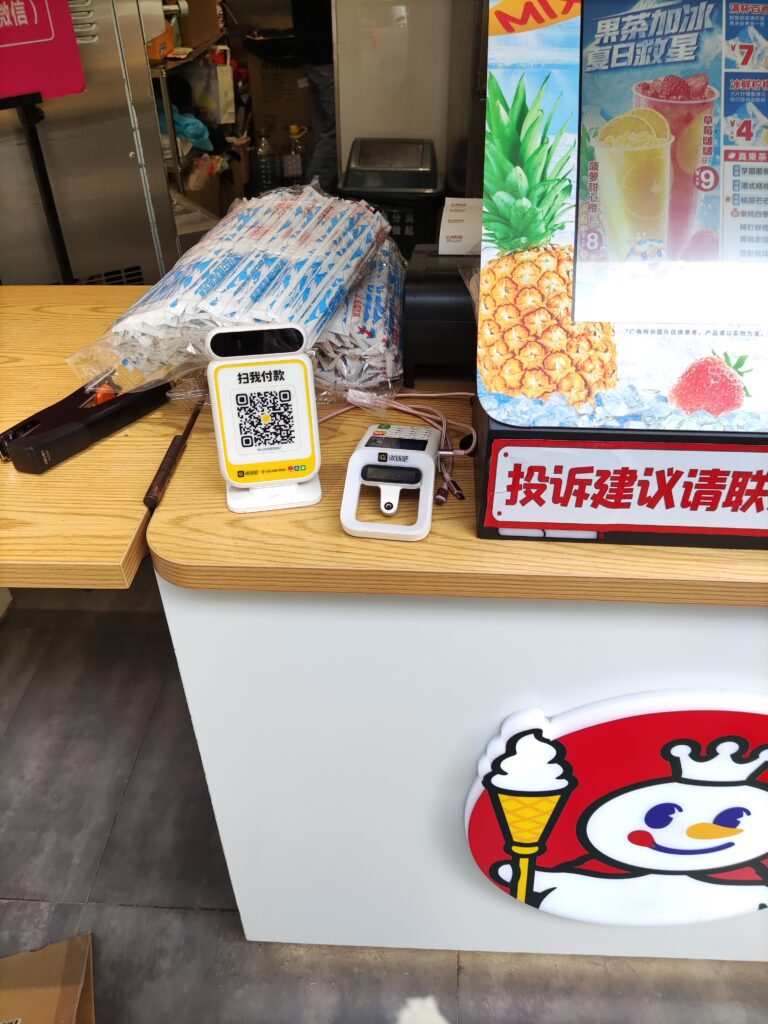
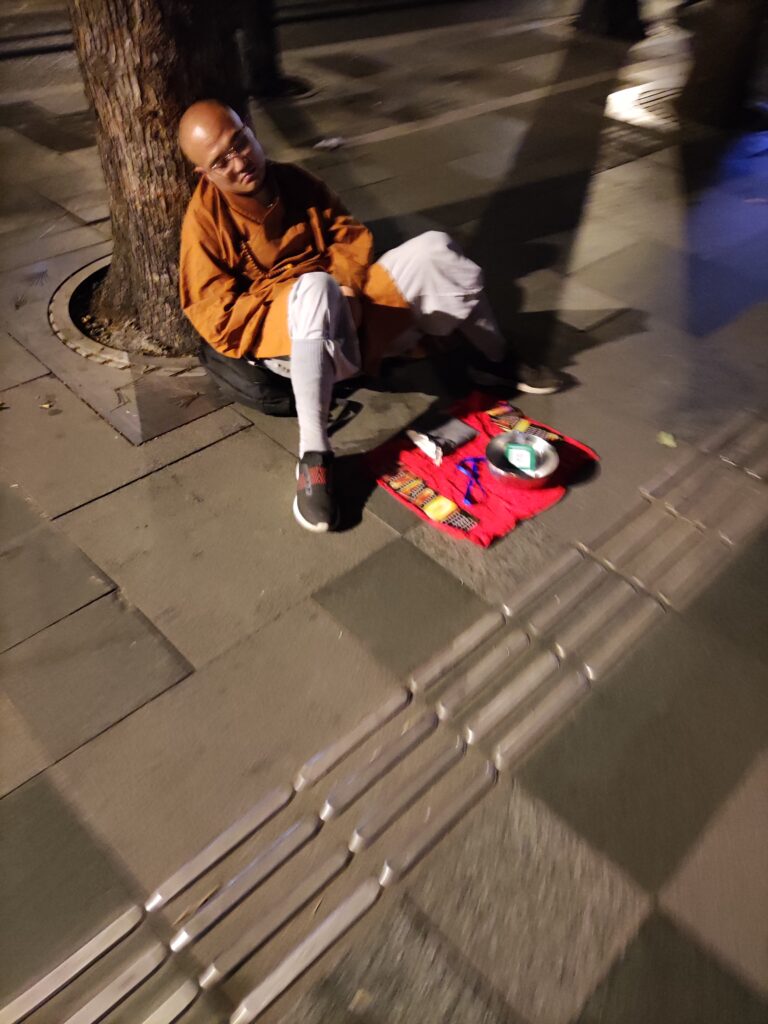
Cities and people
Cities are fucking huge. The Chinese solve the accommodation option by cramming as many huge residential buildings in the city as possible. This makes the cities massively crowded but on the other hand they are more compact and partially thanks to high population density small shops, restaurants, delivery services, … thrive. If you want to get dinner or buy electronic components for your project, you just go outside and find whatever you like in a walking distance.
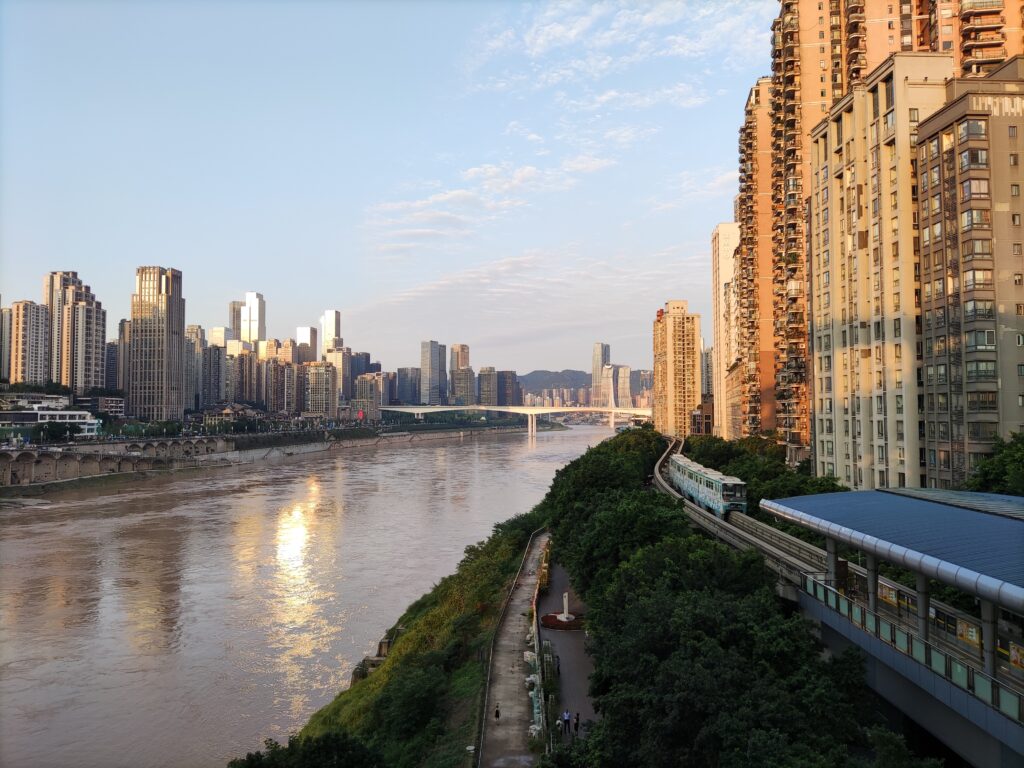
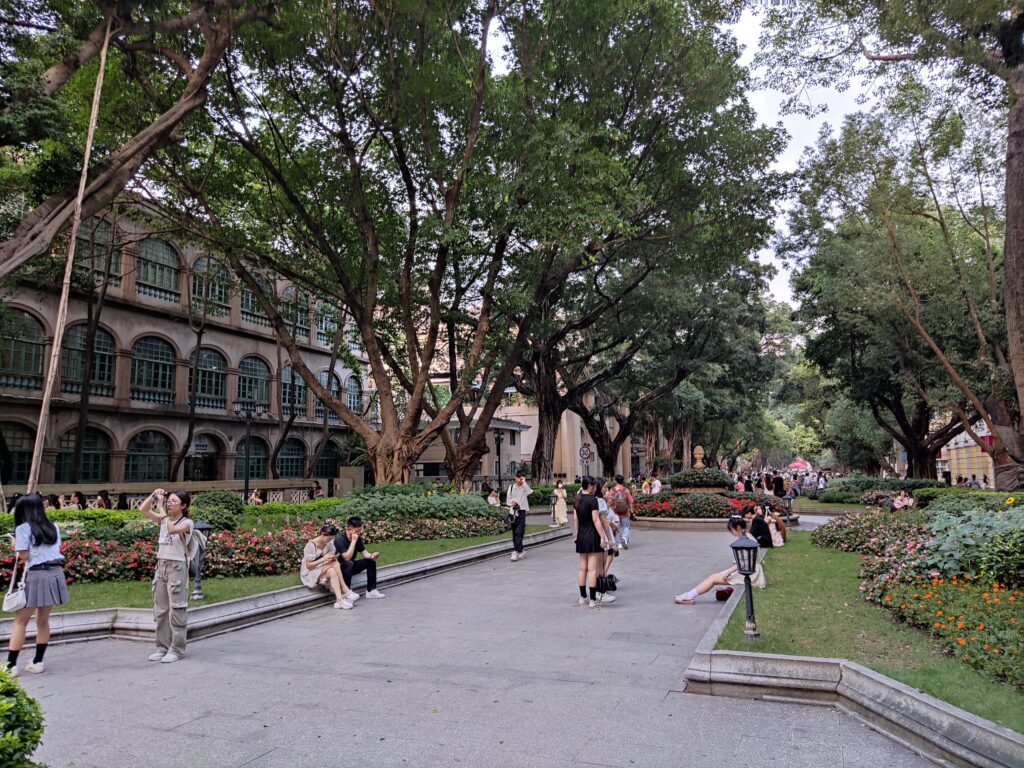

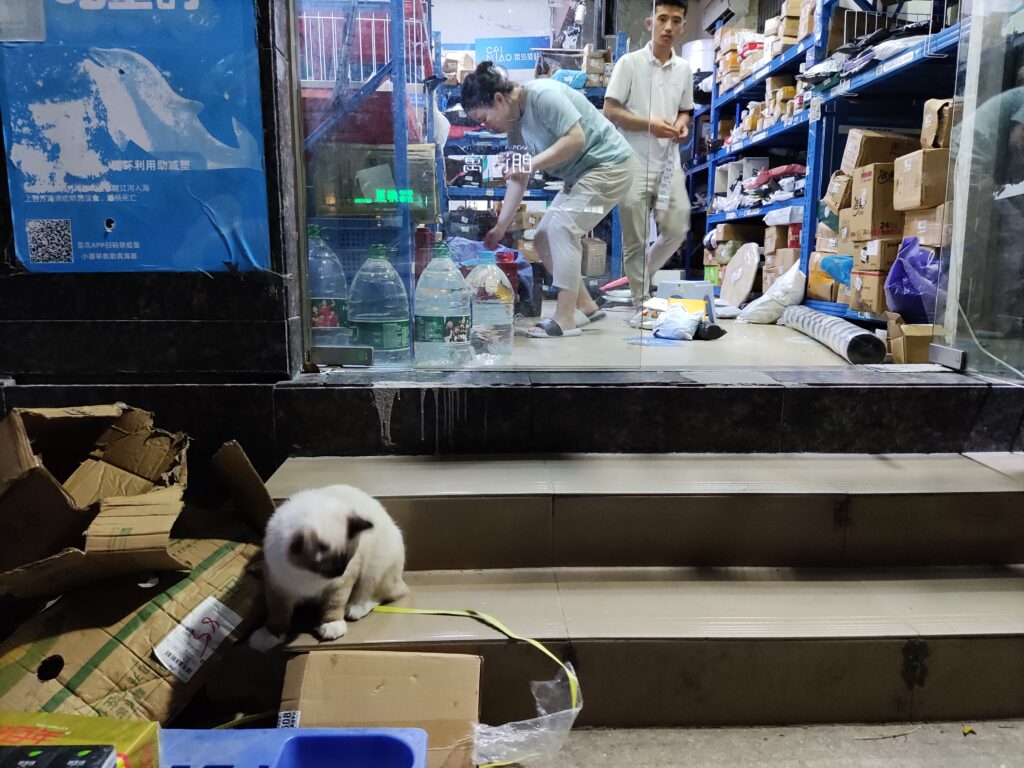
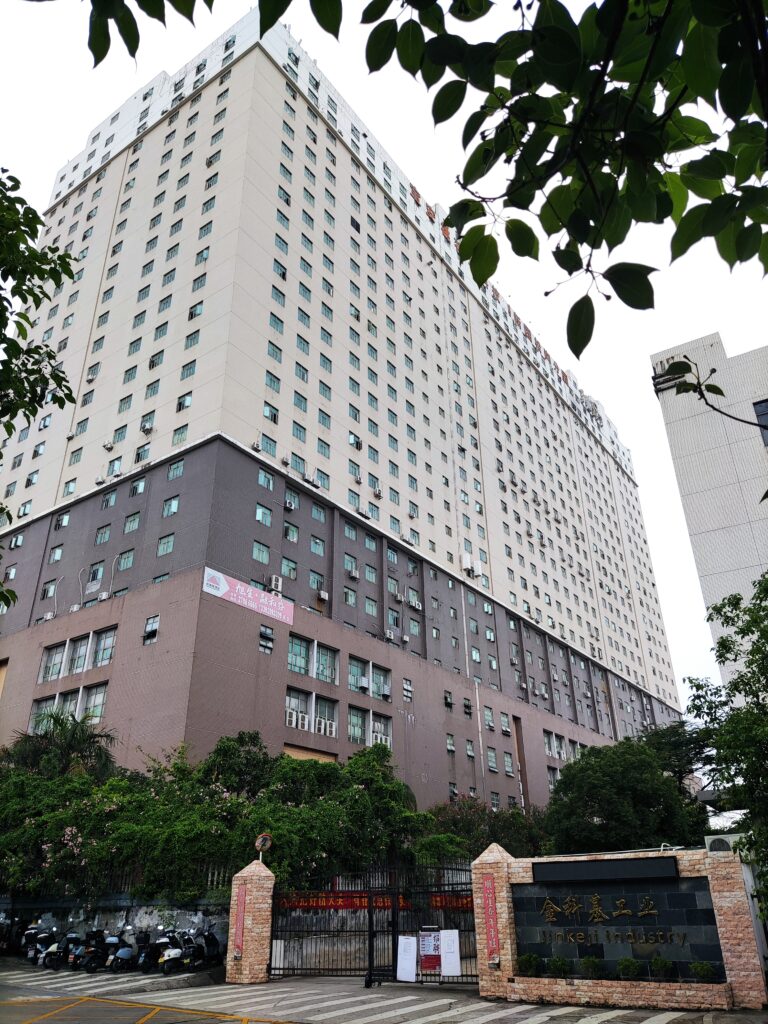
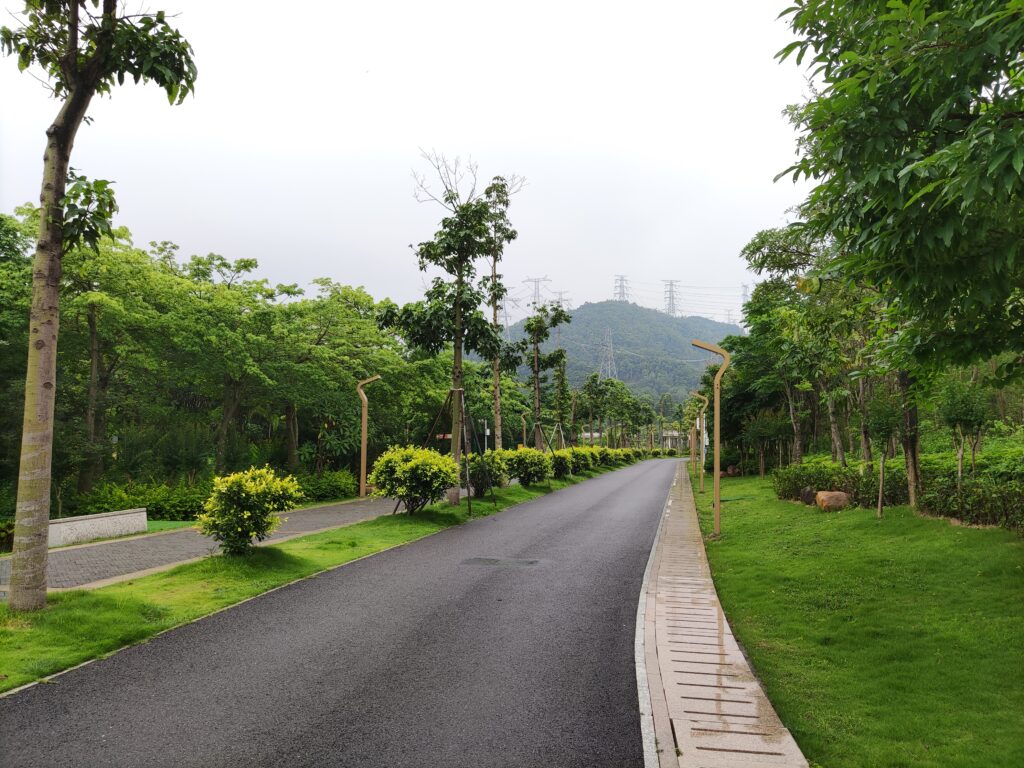
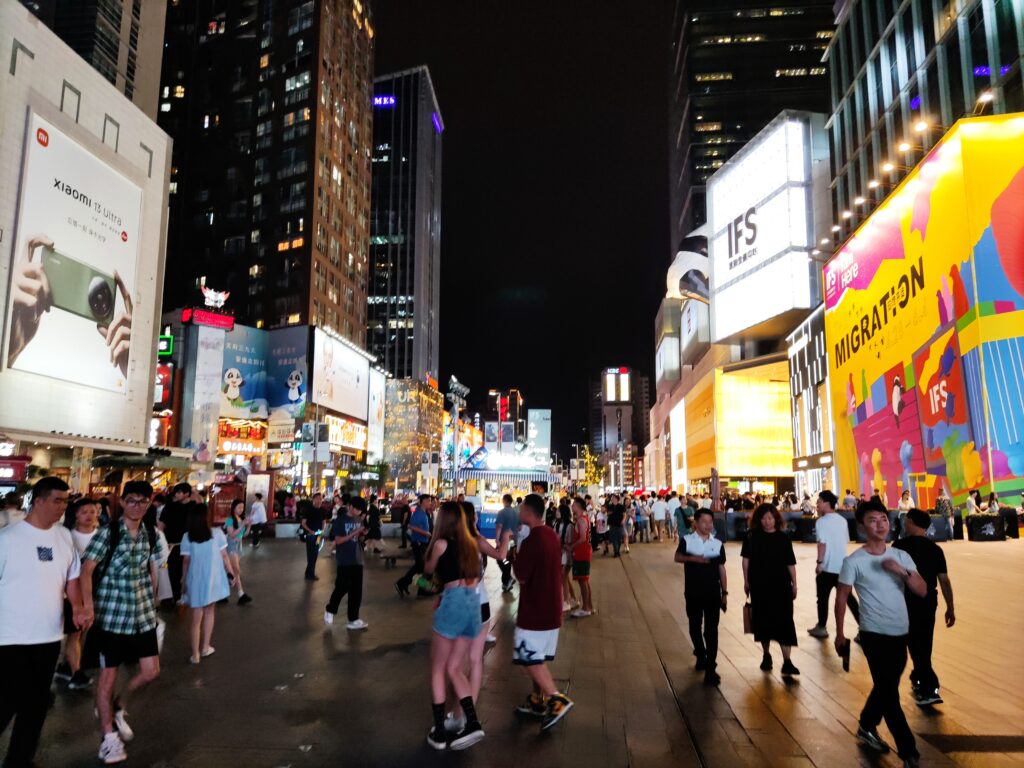
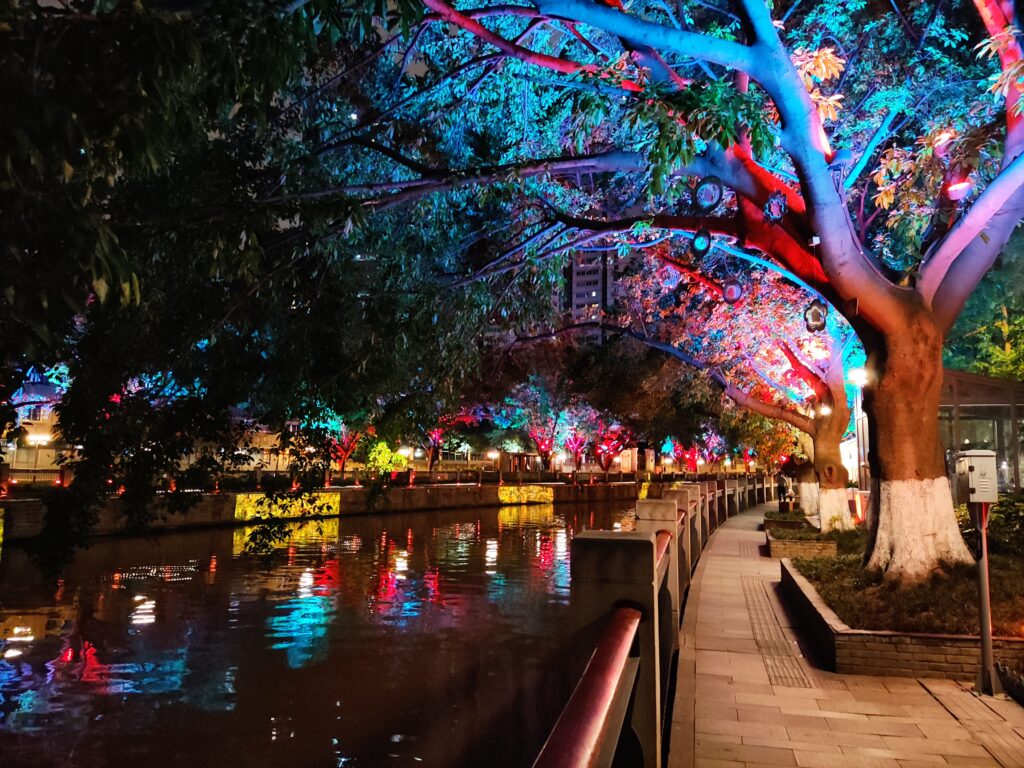

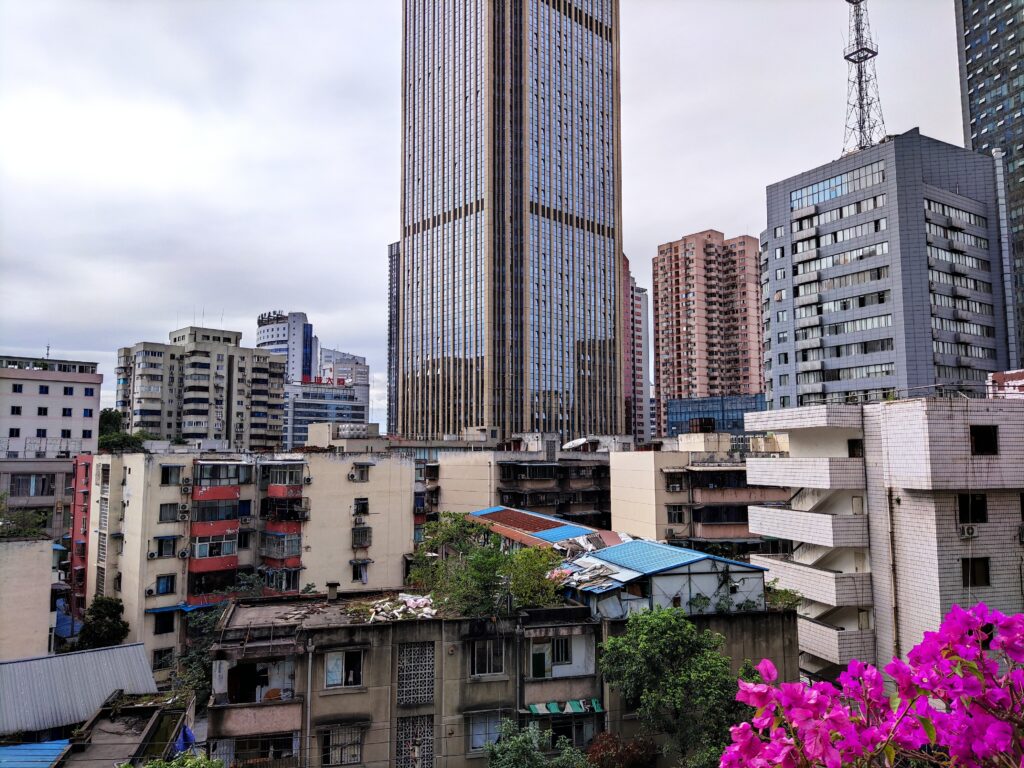
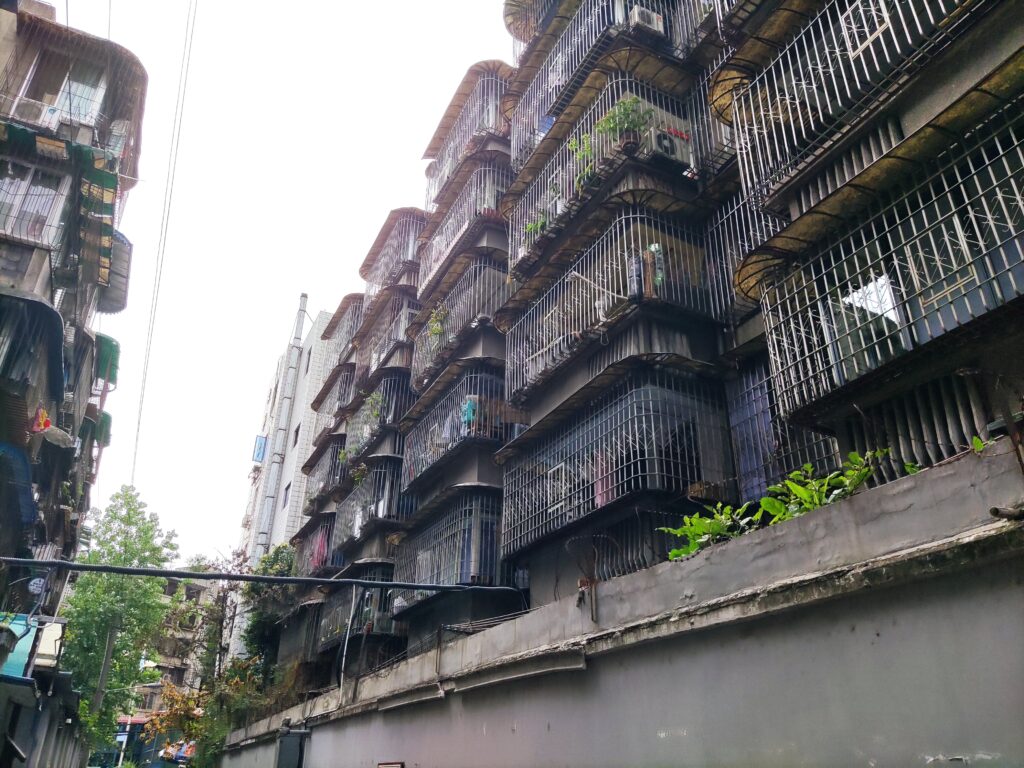
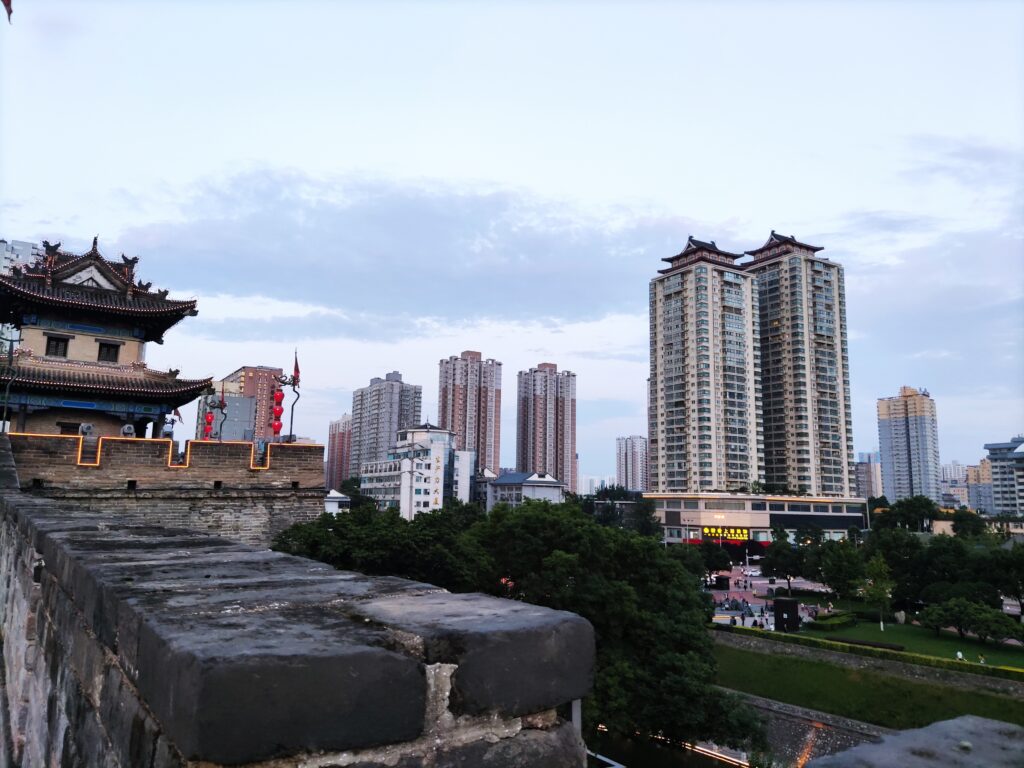
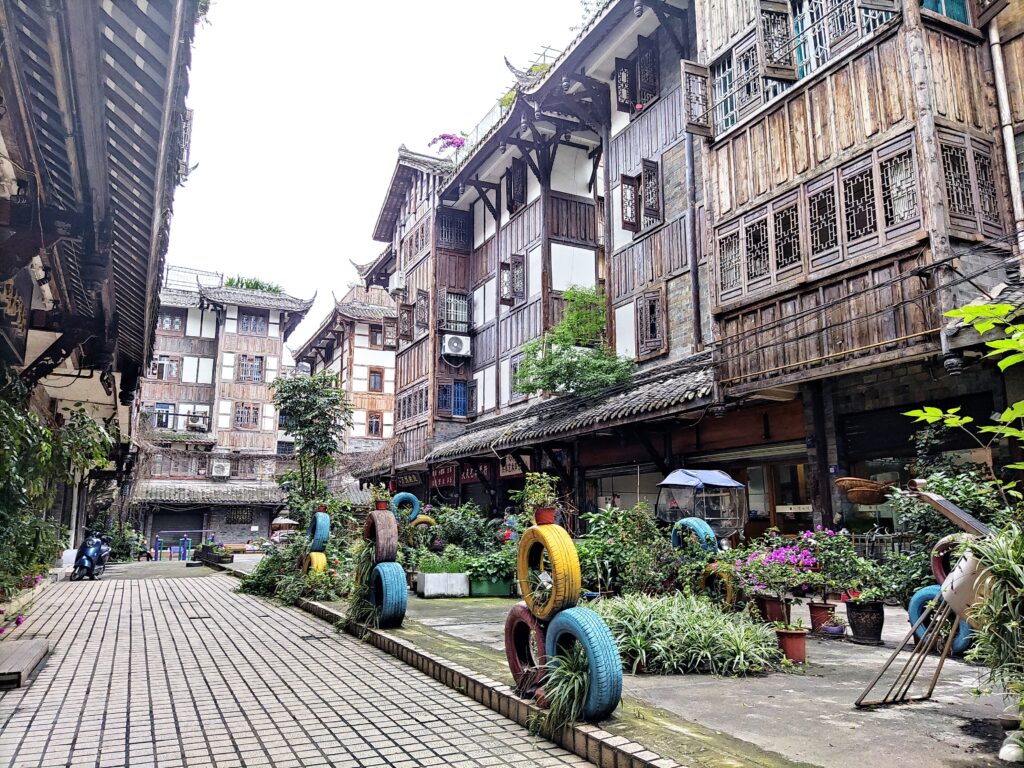
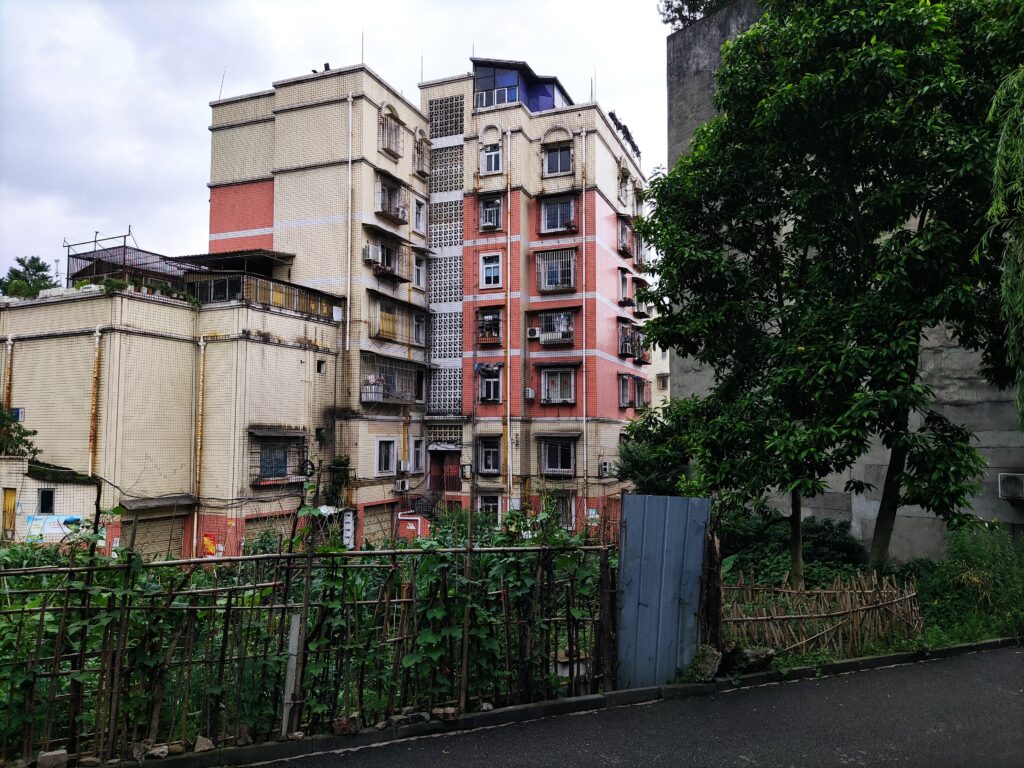
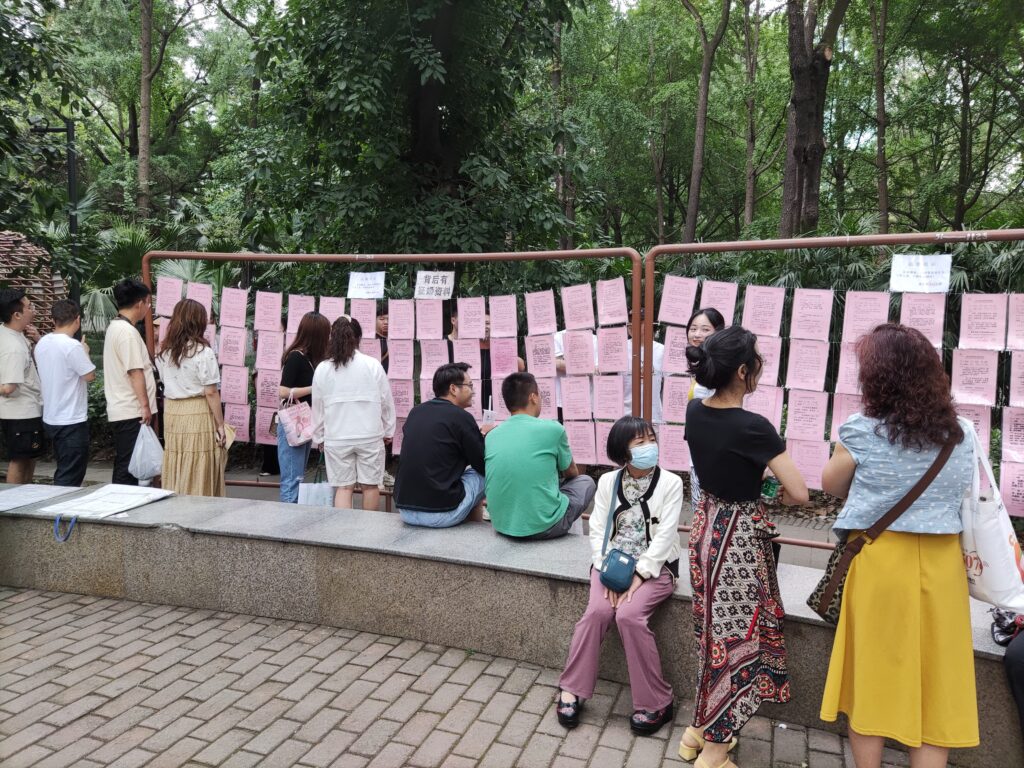
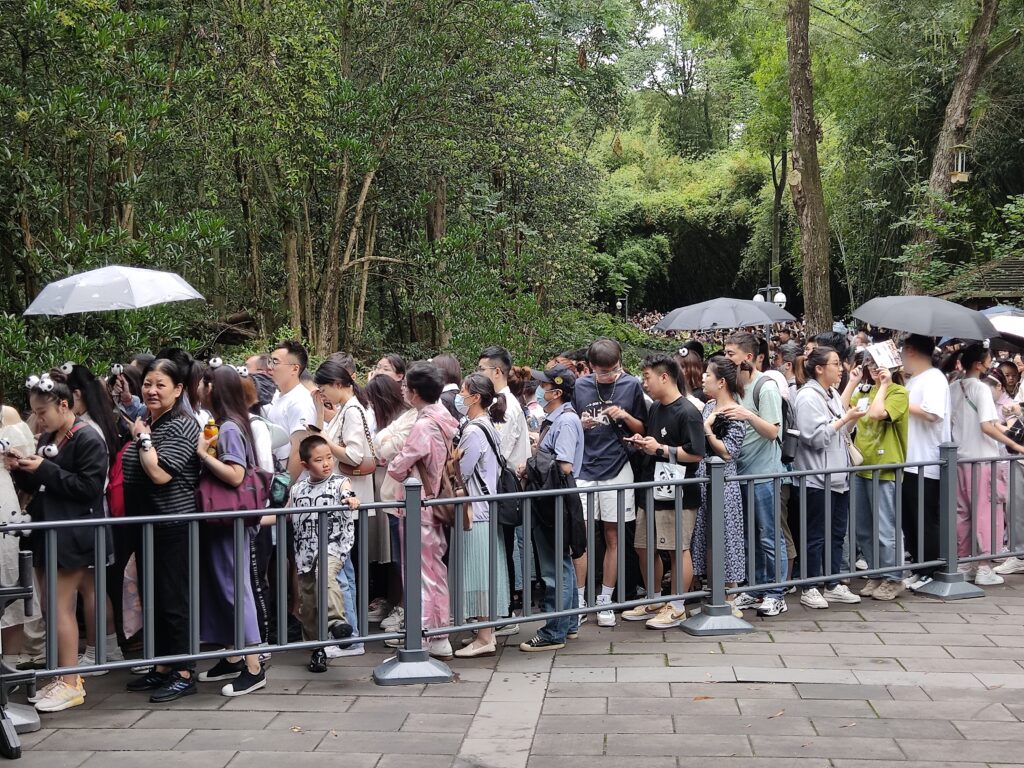
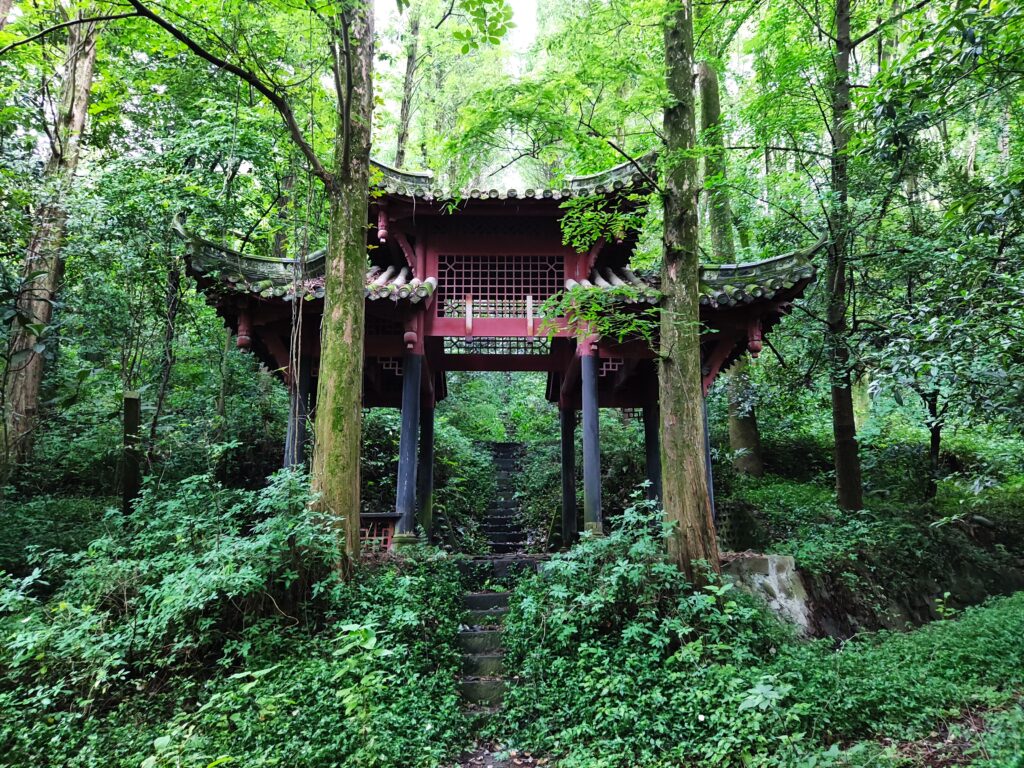
As a side note, being a white foreigner in China does get you some attention. People are walking up to you and asking to take a photo with you. This gets annoying fast because they generally don’t really care who you are and what are you doing there, just fishing for likes on their social media. On the other hand, you can get a discount for your dinner for posing with the restaurant owner so it’s not all that bad.
Communism
To get to the point, there is really no communism left in China. Their “communism with Chinese characteristics” or whatever is really just capitalism of the most brutal kind with strict over watch by the emperor that strikes down whoever gets out of the line but basically leaves normal people alone.
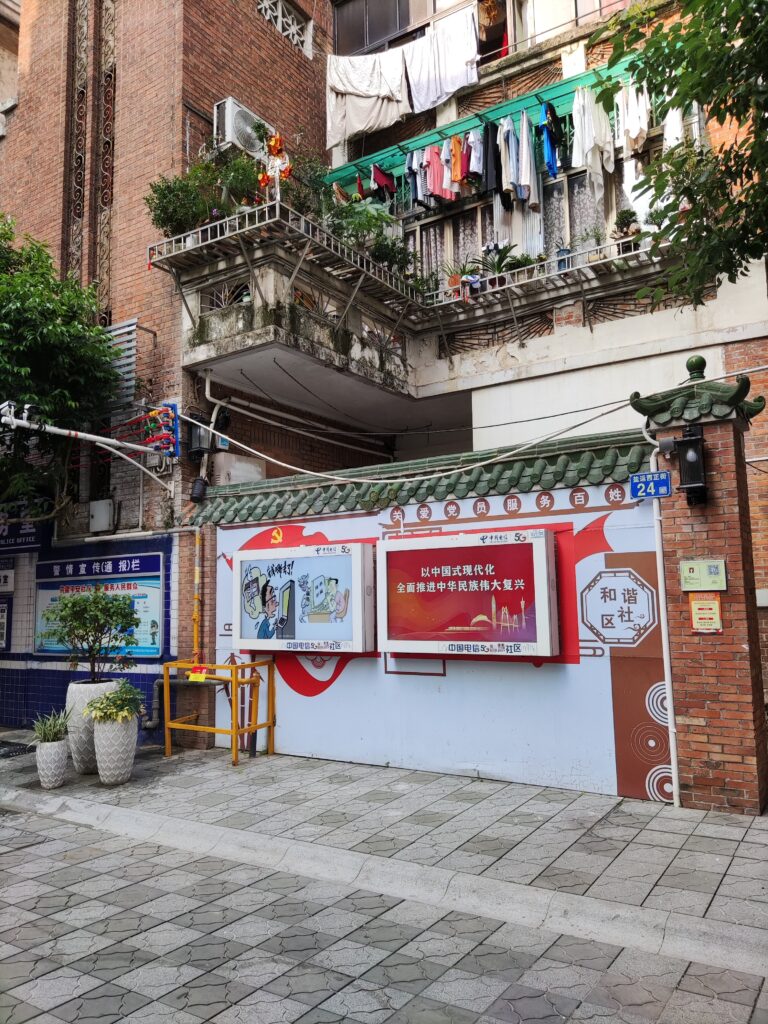
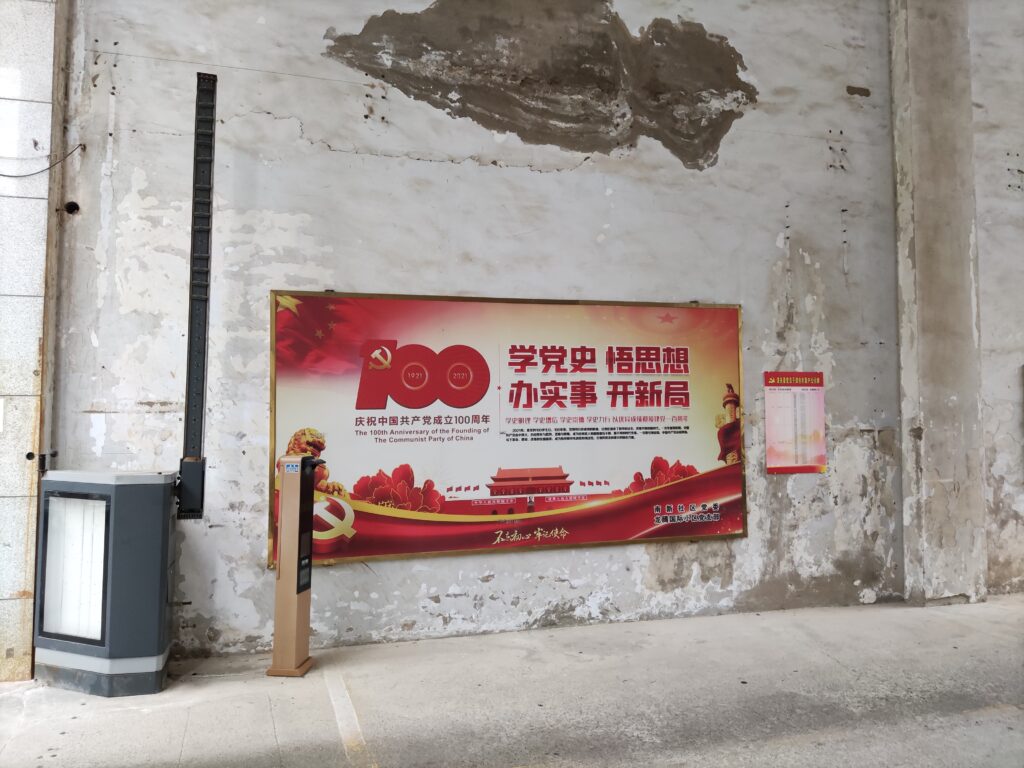
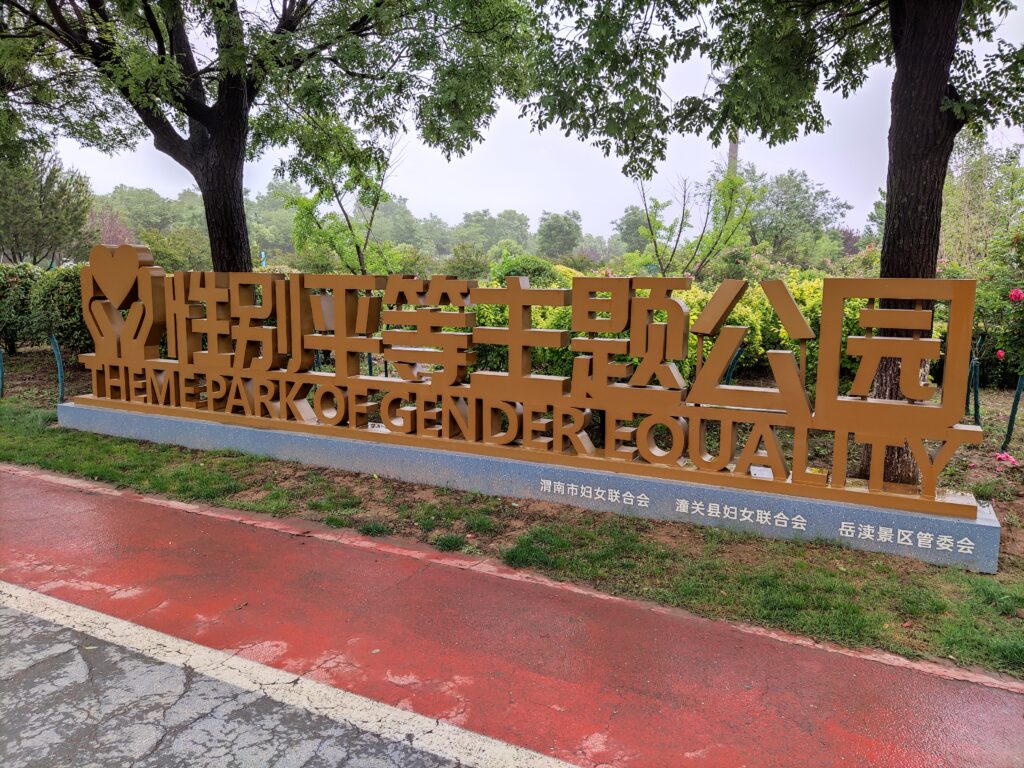
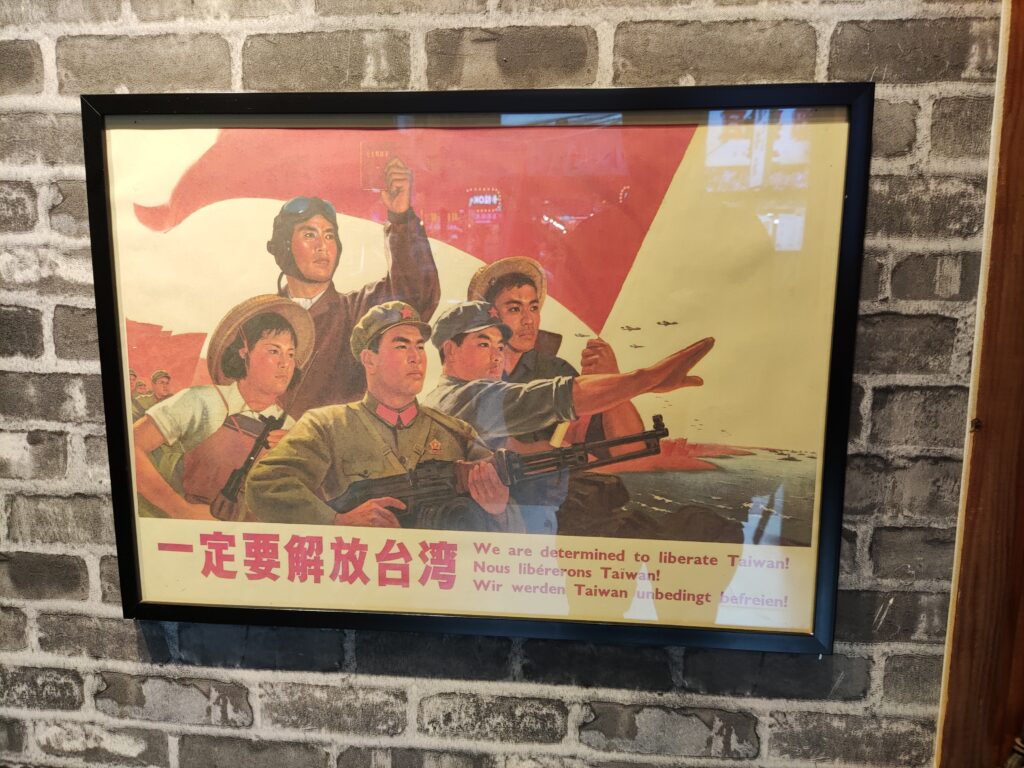
Conclusion
Returning home was like going to a small town museum but it never felt so good.
